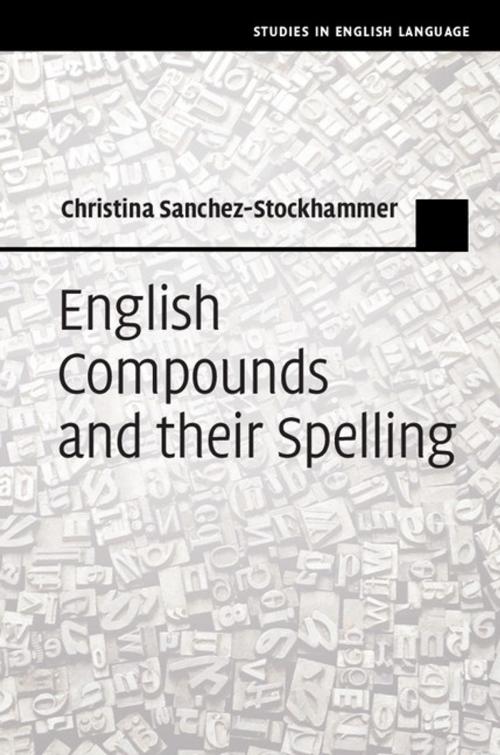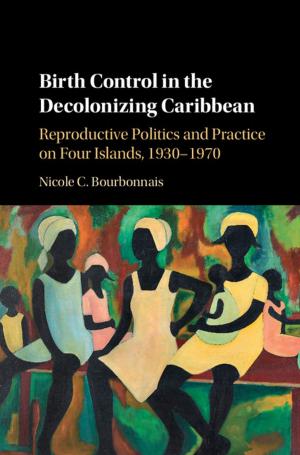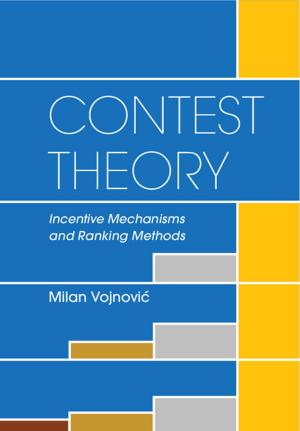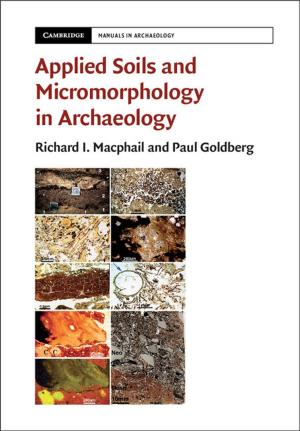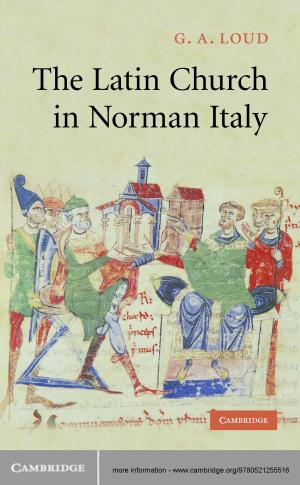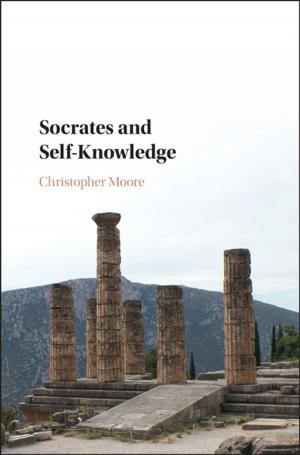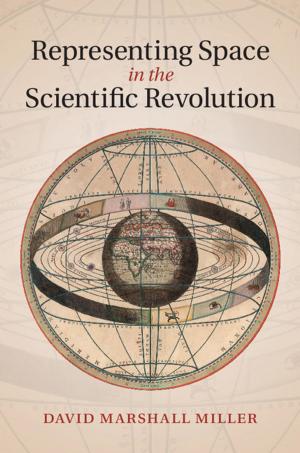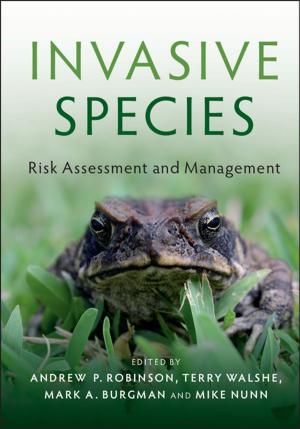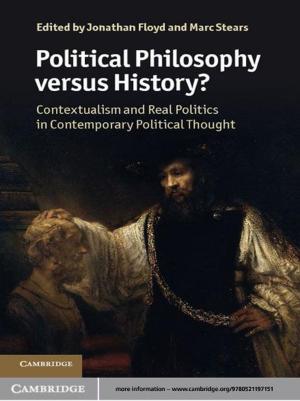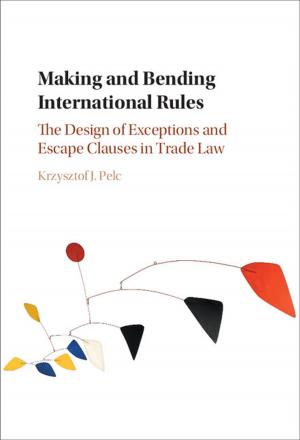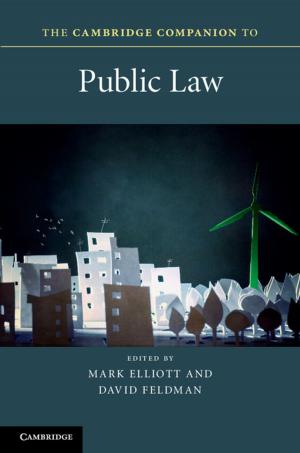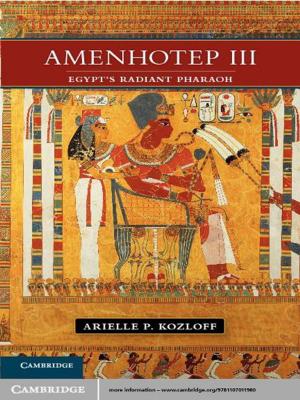English Compounds and Their Spelling
Nonfiction, Reference & Language, Language Arts, Grammar, Linguistics| Author: | Christina Sanchez-Stockhammer | ISBN: | 9781108187275 |
| Publisher: | Cambridge University Press | Publication: | April 30, 2018 |
| Imprint: | Cambridge University Press | Language: | English |
| Author: | Christina Sanchez-Stockhammer |
| ISBN: | 9781108187275 |
| Publisher: | Cambridge University Press |
| Publication: | April 30, 2018 |
| Imprint: | Cambridge University Press |
| Language: | English |
Anyone writing texts in English is constantly faced with the unavoidable question whether to use open spelling (drinking fountain), hyphenation (far-off) or solid spelling (airport) for individual compounds. While some compounds commonly occur with alternative spellings, others show a very clear bias for one form. This book tests over 60 hypotheses and explores the patterns underlying the spelling of English compounds from a variety of perspectives. Based on a sample of 600 biconstituent compounds with identical spelling in all reference works in which they occur (200 each with open, hyphenated and solid spelling), this empirical study analyses large amounts of data from corpora and dictionaries and concludes that the spelling of English compounds is not chaotic but actually correlates with a large number of statistically significant variables. An easily applicable decision tree is derived from the data and an innovative multi-dimensional prototype model is suggested to account for the results.
Anyone writing texts in English is constantly faced with the unavoidable question whether to use open spelling (drinking fountain), hyphenation (far-off) or solid spelling (airport) for individual compounds. While some compounds commonly occur with alternative spellings, others show a very clear bias for one form. This book tests over 60 hypotheses and explores the patterns underlying the spelling of English compounds from a variety of perspectives. Based on a sample of 600 biconstituent compounds with identical spelling in all reference works in which they occur (200 each with open, hyphenated and solid spelling), this empirical study analyses large amounts of data from corpora and dictionaries and concludes that the spelling of English compounds is not chaotic but actually correlates with a large number of statistically significant variables. An easily applicable decision tree is derived from the data and an innovative multi-dimensional prototype model is suggested to account for the results.
